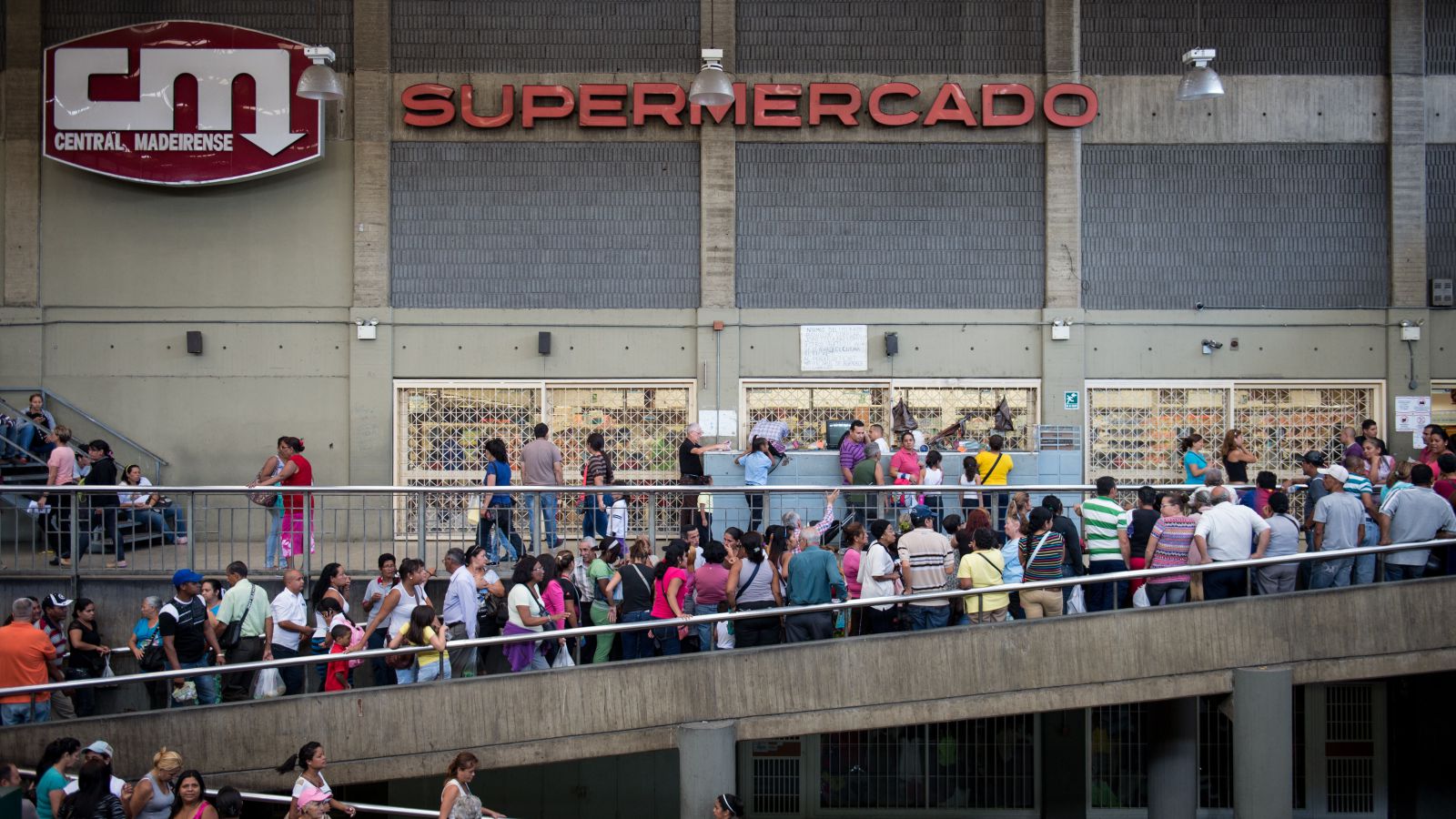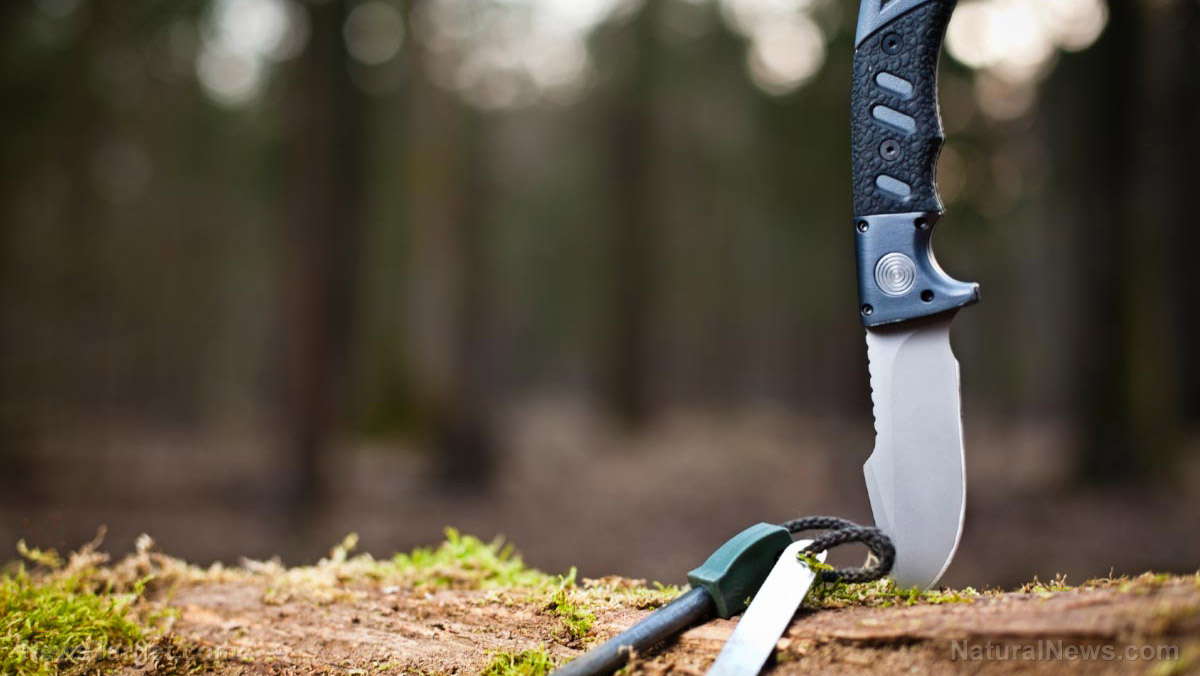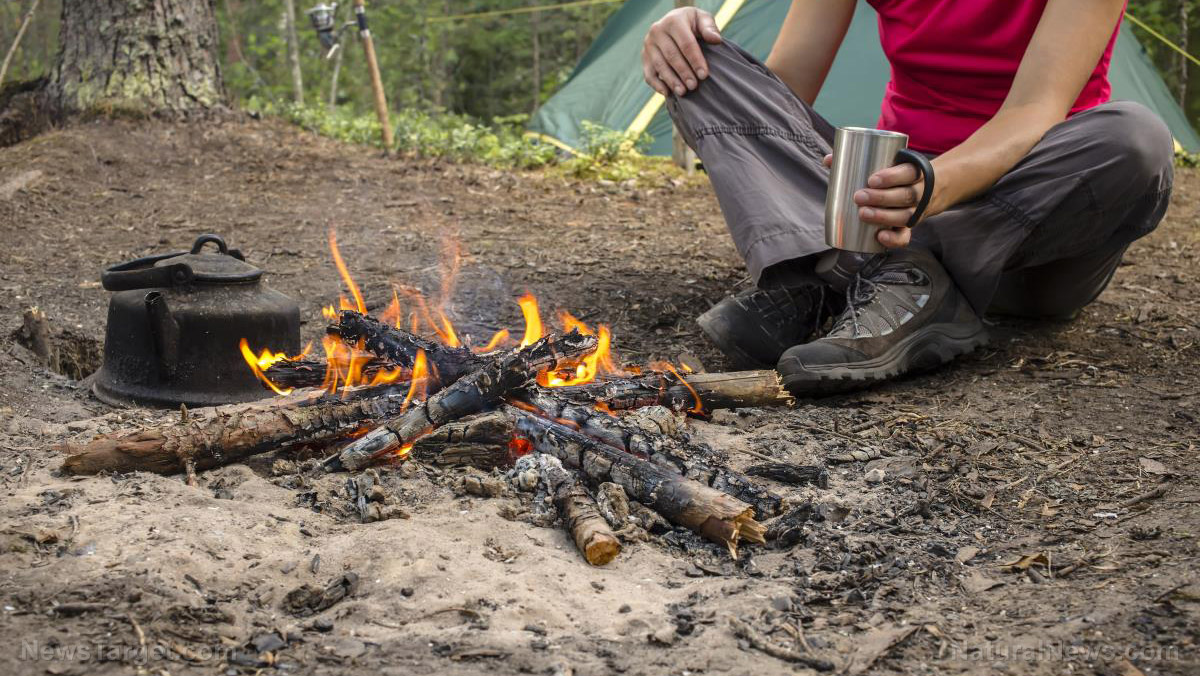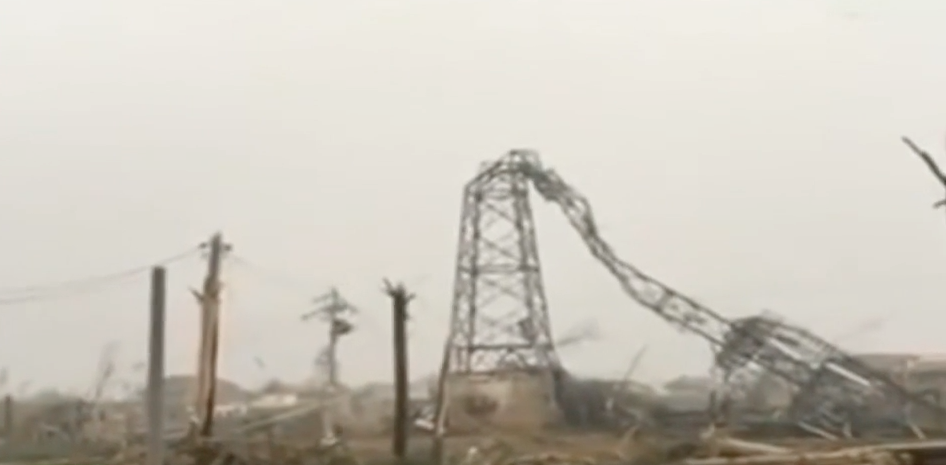Emotional survival: Prepping for the worst – losing a member of your group
04/08/2018 / By Zoey Sky

Preppers have made it a habit to ensure that they are ready for whatever happens and most of the time, their efforts are rewarded since they are well-equipped enough to weather disasters.
However, sometimes you will have to deal with loss. Specifically, the loss of family or friends during a survival scenario. Experiencing loss is a regular part of life that we will one day have to learn how to cope with it. (Related: Mental preparedness: How to think like a survivalist.)
Should this happen to you, know that you must stay fully engaged and at the top of your game so you can protect the loved ones that are still with you.
The stages of grief when SHTF
Denial, anger, bargaining, depression, and acceptance are the five stages of grief, and they have been discussed countless times in various books. While it is normal to go through these five stages over the course of your life, there is no fixed timeline for each stage.
Some people even get stuck in a certain stage, making it hard for them to have closure. But when you’re in a survival scenario, you may have to learn how to get through the stages properly so you can help the other members of your group survive.
How can you suspend grief so you can still accomplish the mission that you’re facing right now? As a prepper, your daily mission includes surviving each day, and it is a task that never ends.
When you’re going through the stages of grief in a combat situation, denial may quickly be replaced by shock and anger. As you gain more experience, you can learn to take the shock in stride, manage your anger, stay focused, and retain a “real situation awareness” as soon as possible.
When you lose a loved one in a survival situation, how it happened may be brutal and shocking but how you react can help you survive. Typical reactions to these events involve suppressing the healing stages of loss.
While this can be bad for your mental health, most people resort to this because it means you don’t have to face the reality of what happened. It’s also possible that rushing through these healing stages can contribute to post-traumatic stress disorder (PTSD).
Preppers don’t always face loss during a firefight. Sometimes, we lose loved ones through unexpected events. Instead of avoiding denial and feeling anger, you will have to face denial and the questions in your mind while also having to get through the day.
Grief is often described as being in a small boat on the ocean. When you lose someone, it feels like the waves are enormous and almost constant. These waves may come from all directions, and it will take some effort to survive them.
In time, the waves will get smaller, and they won’t overwhelm you as much. However, some rogue waves may occasionally come and engulf you. After a while, you will reach a new normal, but you may never be the same person again.
In a post-SHTF world, each member of your group will have their own tasks. When you lose someone, it means that there are jobs that must be redistributed and taking on some of these tasks can help you stay occupied. Use this time to go through all the stages of grief properly.
Another way to face this grief is to have healthy discussions with everyone in the group. Talk to each other when you have time. When in the anger stage, keep a level head, so it doesn’t turn into a “blame” stage. This will only spell more trouble for the rest of your group.
Unfortunately, prepping for the worst is hard to practice. Experiencing it first-hand is the best way to learn how to deal with loss. When you go through something like this for the first time, know that the best way to deal with it is by also remembering all the times that the person you lost has made your life happier. Hopefully, these moments can give you strength when you need it, especially if you have to deal with similar situations in the future.
A guide for psychological preparedness
These five steps may help you learn how to deal with grief and other difficult moments when SHTF:
- Accept the fact that no matter how much you prepare, certain events will happen.
- When SHTF, think about your feelings and how you can channel them to be more productive.
- Process each stage in the grieving process healthily, and learn from them so you can become a better person.
- Try to address your anger over injustice, and come to terms with the bad so you can focus on the good things in your life.
- Devise an effective thinking method that will help you feel empowered and in control.
You can read more articles about how to mentally prepare yourself as a survivalist at Preparedness.news.
Sources include:
Tagged Under: bug out, Collapse, death, disaster, dying, emotional health, grief, mental health, off grid, preparedness, prepper, prepping, SHTF, survival, survival mindset, survival skills




















